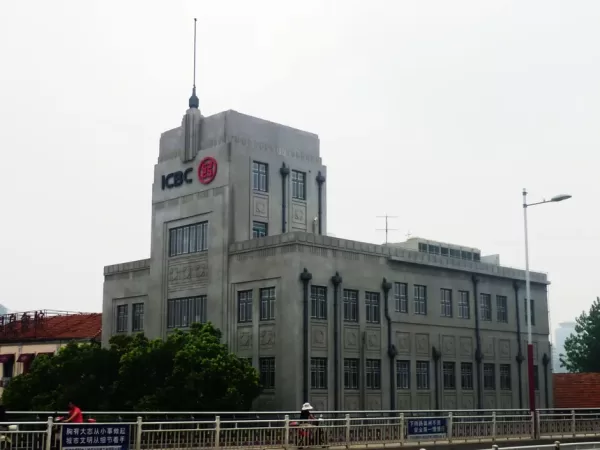Industrial & Commercial Bank of China (ICBC): An Overview
Industrial & Commercial Bank of China (ICBC) is the world’s largest bank by total assets and market capitalization. Established in 1984, ICBC is a state-owned commercial bank headquartered in Beijing, China. It plays a crucial role in China’s banking sector and has expanded its influence globally.
ALSO READ: Marina Beach: A Coastal Icon of Tamil Nadu
History and Growth of Industrial & Commercial Bank of China
The Chinese government founded ICBC on January 1, 1984, as a state-run entity to modernize China’s financial sector. It became a joint-stock limited company in 2005 and was publicly listed on both the Shanghai Stock Exchange and the Hong Kong Stock Exchange in 2006, raising over $21 Billion in what then set the record as the largest IPO in history. Over the decades, ICBC has grown through mergers, acquisitions, and expansion into international markets.
Global Presence of Industrial & Commercial Bank of China
ICBC operates in over 40 countries and regions, with more than 400 branches and subsidiaries worldwide. It has a significant presence in Asia, Europe, the Americas, and Africa, offering corporate banking, retail banking, investment banking, asset management, and financial services.
Financial Strength
As of recent financial reports, ICBC’s total assets exceed $5 trillion, making it the world’s most valuable bank. It has consistently ranked among the top global banks in terms of revenue, profits, and market value.
Services and Offerings
ICBC provides a wide range of financial services, including:
- Corporate Banking: Loans, trade finance, cash management, and investment services for businesses.
- Retail Banking: Savings accounts, personal loans, credit cards, and wealth management for individuals.
- Investment Banking: IPO underwriting, M&A advisory, and structured financing solutions.
- Digital Banking: Online banking, mobile apps, and fintech innovations to enhance customer experience.
Challenges and Future Prospects
Despite its dominance, ICBC faces challenges such as economic fluctuations, regulatory scrutiny, and global trade tensions. However, it continues to invest in fintech, digital transformation, and green finance, positioning itself for long-term growth.
Conclusion
ICBC remains a financial powerhouse with a robust global presence. With its strategic expansion, strong financial position, and focus on innovation, ICBC will continue leading the global banking industry for years to come.


